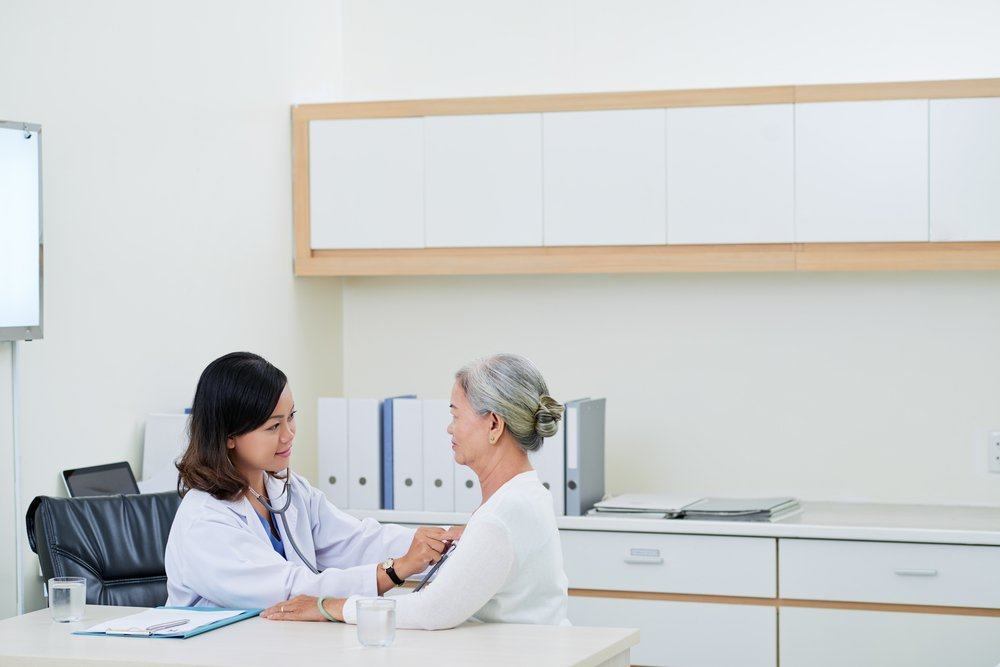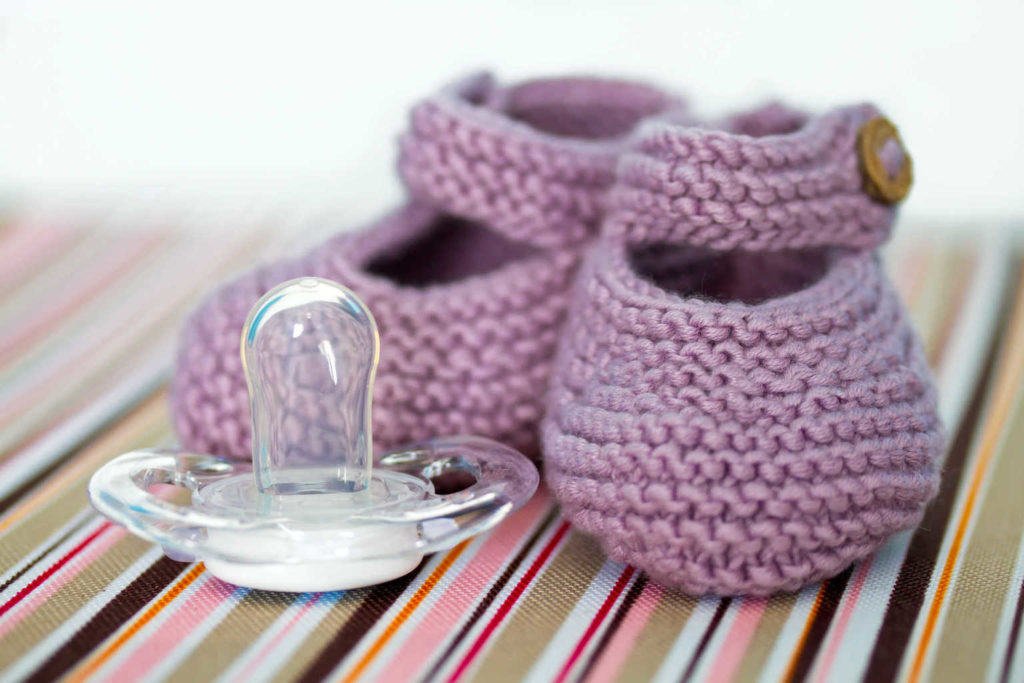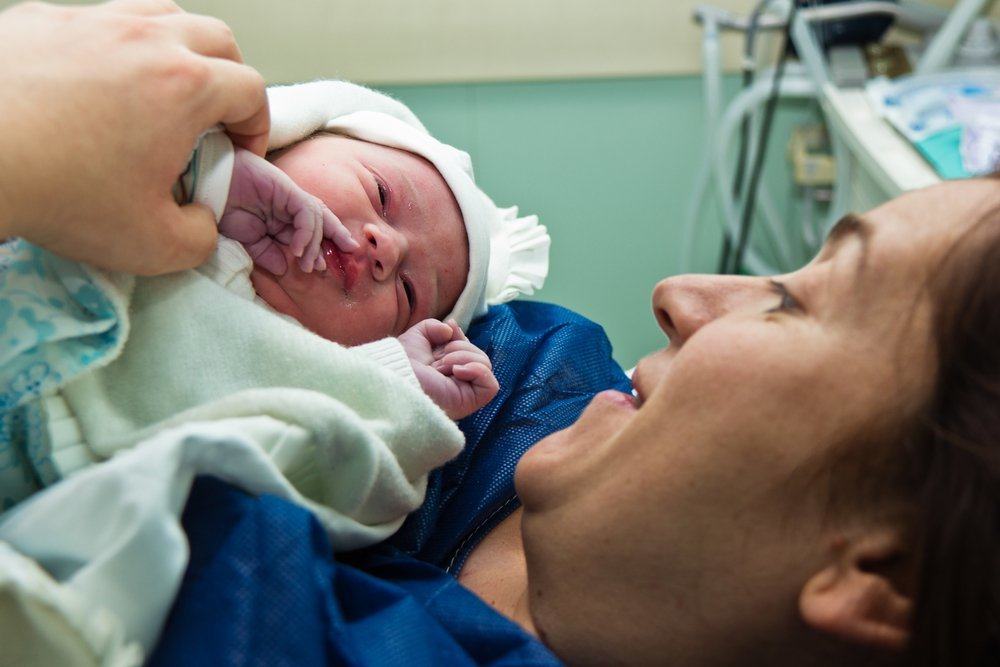Contents:
- Medical Video: What to Expect When Receiving Radiation Therapy Treatment
- Short-term side effects of radiation from breast cancer
- Long-term side effects
- Rare side effects
- Facing the side effects of radiation from breast cancer
Medical Video: What to Expect When Receiving Radiation Therapy Treatment
Radiation therapy is the treatment of using X-rays to kill cancer cells. This therapy is included in the type of targeted therapy that is often used in the treatment of breast cancer. Radiation is aimed directly at the location of the tumor, lymph nodes, or chest wall. Through this therapy, the spread of cancer can be stopped and the risk of recurrence can be reduced.
External radiation treatment is usually given five times per week for 5-7 weeks. The latest approach recommends a larger radiation dose for 3 weeks (accelerated breast irradiation). Most people can receive radiation therapy well.
The doctor may recommend internal radiation (brachytherapy) Internal radiation is a procedure when small pieces of radioactive material are placed around the location of the tumor. The total treatment time varies, ranging from hours to weeks. The short-term side effects of this therapy are relatively few, while the long-term side effects of this method are unknown.
Short-term side effects of radiation from breast cancer
The most common side effect of radiation therapy is skin irritation in the targeted area. After undergoing some initial therapy, your skin may become sensitive and begin to redden. Finally, the skin starts to look and feel like sunburn, itching, flaking or blistering. Pain and pain are very common. These irritants can get worse as long as the treatment continues. However, your skin will gradually recover in the weeks after the last treatment.
You may lose armpit hair if radiation is targeted at the area under the arm. In addition, the lower part of your arm will also rarely sweat as a side effect that is usually temporary.
While undergoing radiation therapy, many women complain of growing fatigue every week. The fatigue sensation will gradually disappear within a few weeks before the last treatment.
Because it is given every day for weeks, conventional external beam radiation therapy requires a huge time commitment. This process can certainly interfere with work and family responsibilities, especially if you do not have a means of transportation or live far enough from a provider of care facilities.
Estimate as much as 30 minutes to one hour for one therapy, even though the actual treatment only takes about 10 minutes. A busy daily schedule can cause emotional triggers, stress, or anxiety.
Long-term side effects
Because this therapy is targeted therapy, medical staff will spend a lot of time "marking" parts of the body before starting your first treatment. That is, they will take careful measurements to ensure that radiation will hit the right location. Then, the medical officer will make a small ink mark on your skin as a guide for further treatment. This sign will usually be tattooed on your skin permanently.
Dark skin in the radiation area will return to normal after months or years. In some cases, mild discoloration may be permanent, or the skin will appear thicker and tighter. The sensitivity of the skin or pain can sometimes last for months.
Radiation can cause some nerve damage which results in numbness and pain. Radiation therapy can limit reconstruction options and your freedom to breastfeed. These risks must be discussed with your doctor before you begin treatment.
Rare side effects
If you have undergone lymph node removal before undergoing radiation therapy, you are at risk of developing lymphedema or blockage of the lymph system. Lymphedema causes swelling of the arm where the lymph nodes are removed.
Other rare complications are:
- Broken ribs due to weakening of the rib cage
- Inflammation of lung tissue
- Heart damage when radiation is given on the left side of the chest
- Secondary cancer caused by radiation
Contact your doctor immediately if you experience shortness of breath, difficulty swallowing, or chest pain.
Facing the side effects of radiation from breast cancer
Side effects of radiation therapy are almost impossible to avoid. However, there are a number of things you can do to minimize these side effects.
Wear loose clothing if you experience skin irritation. If you wear a bra, choose a wireless bra.
Ask your doctor about specific products that you should use on the skin when taking a shower. Consult with the medical team before using an ointment or cream on the treated area. Try not to rub or scratch the treated area, and avoid ice compresses and heating pads.
The opponent is exhausted by getting plenty of rest Provide nutrients for the body to repair itself. Make sure you tell the radiation oncologist about the side effects that are felt.












